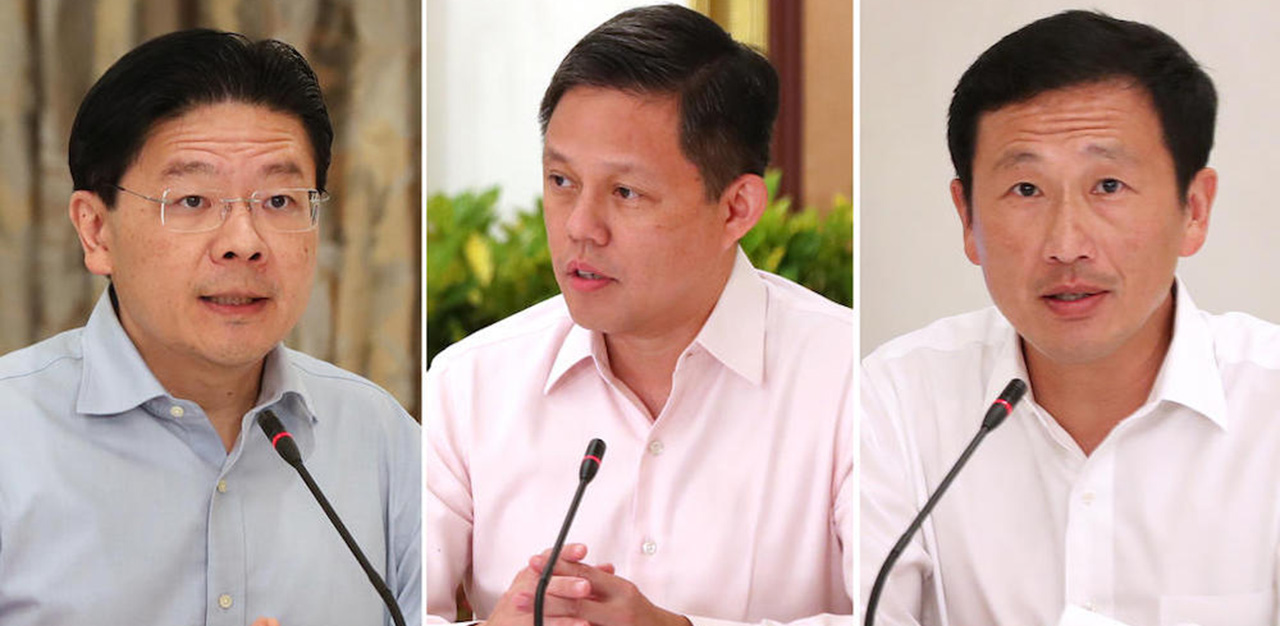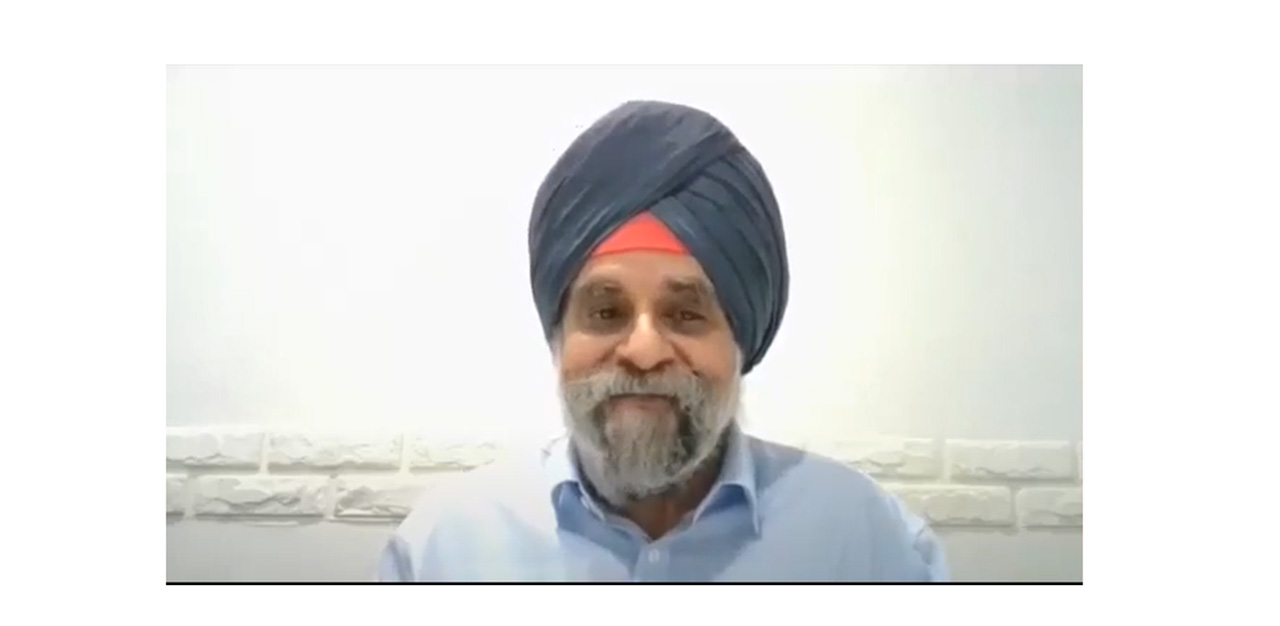TheHomeGround Asia Editor-in-Chief, Kevin Wong, reflects on the recent cabinet reshuffle and how Singapore Prime Minister Lee Hsien Loong has repositioned the 4G (fourth generation) leadership to take over the mantle of governing and leading Singapore. And argues that despite the lack of experience these ministers have, it does not mean they cannot be good leaders and bring Singapore forward.
‘Come listen to your ‘father’ speak,’ my parents would often say, as they sat down to listen to the National Day rally. These annual rallies have been a key platform for Singapore’s leaders past and present to update the nation on the current state of affairs and to rally Singaporeans towards a national direction and goal. I have had the opportunity to attend two rallies during my career in the social services and have seen how Singaporeans answer the call to action and come together to work towards common national objectives.
Since independence, the country has witnessed the different leadership styles of three distinct prime ministers. Lee Kuan Yew with his authoritative and visionary approach, Goh Chok Tong in his consultative and people-centred approach and Lee Hsien Loong whose hybrid leadership style has followed in his father’s visionary approach, but also adapted to consult and engage with Singaporeans. Each leader had brought with them their unique abilities and political gumption to make difficult decisions to meet the demands of the time and move the country forward.
When Prime Minister-designate Heng Swee Keat stepped aside early April as leader of the 4G team, he cited the need for leaders to have a longer runway and time to “master the demands of leading our nation; formulate and see through our longer-term strategies for our country.”
Age factor aside, whoever the next prime minister is should already have the resourcefulness, capabilities and innate leadership qualities to take the country forward. I do not believe that on-the-job training is an option given that the lives of Singaporeans and the future of Singapore will be on their shoulders. The late Mr Lee famously said, “I do not yet know of a man who became a leader as a result of having undergone a leadership course.”
On 23 April, Mr Lee announced a cabinet reshuffle. He acknowledged its extensiveness so early in the Government’s new term, as he redeployed and pushed the 4G leaders into positions of greater responsibility and visibility. Notably, Lawrence Wong, who moves from the education portfolio to Finance Minister, Ong Ye Kung, who will helm the Ministry of Health and Chan Chun Sing, the next Minister for Education, seem to be among shortlisted ministers to be Singapore’s future 4G prime minister.
Are these three ministers capable of leading Singapore into the headwinds of a post-Covid era and the challenges of an increasingly connected global economy? Interestingly, some Singaporeans are no longer content to let party politics play itself out and have actively sought to express their preferred choice for PM – perhaps emboldened by the success of the online backlash that led to Ivan Lim withdrawing as a candidate at the last general election. Singaporeans were critical of his elitist and arrogant behaviour.

More than just political experience, but a willingness to listen
It is anyone’s guess now who will emerge as our next PM-designate, with Mr Lee preferring not to appoint a successor, believing that it is in Singapore’s best interest that the next leader has the support of the majority in Parliament.
He expressed, “Ultimately, it’s really the PAP MPs who must have confidence in him because, constitutionally, the prime minister is the person who commands the confidence of the majority of the MPs in Parliament.”
A clear frontrunner will probably only emerge in a year’s time, giving the 4G leaders ample time to demonstrate their understanding of key issues and the social needs of Singaporeans. Moreover, the 4G leaders must establish their diplomatic standing on international affairs and on matters relating to the sovereignty of Singapore. With larger economies posturing for global influence, it is important that the next leader of Singapore be able to maintain our strategic global autonomy.
The 4G leaders of today have as much political experience in government as did their 2G and 3G leaders. Goh Chok Tong served in various ministerial capacities (1979 to 1990) for 11 years before becoming prime minister. Lee Hsien Loong was in government (1984 to 2004) for 20 years before he became prime minister.
With the 4G leaders coming into the government during the 2011 and 2015 General Elections, many have accumulated more than 10 years of experience. One can suggest that the likes of Messrs Wong and Ong have added political exposure and experience through their roles as Principal Private Secretaries to Mr Lee.
Surely accumulating political time in office is not the only factor that would determine how well a leader can lead. Remember the famous rally where we were told that “a leader must have the iron in him” to lead the country?
More importantly, leaders must have confidence to make decisions and not follow common or popular opinions. It is important that a leader be able to communicate their vision and gain the trust of the people to work towards common goals.
The Institute of Policy Studies (IPS), an autonomous think-tank at the Lee Kuan Yew School of Public Policy had put forth that to be an effective leader in Singapore, he or she must be able to succeed in three key areas.
Firstly, a prime minister must have a cohesive and robust team that can take on the challenges of political democracy. The team must be able to effectively engage with the electorate and stand up to the scrutiny of a growing opposition voice and a more engaged electorate.
Secondly, a prime minister and their team must ensure that our economic security is protected and generate the necessary revenues to maintain and enhance the quality of life for Singaporeans.
Lastly, a prime minister must provide and ensure adequate security and defence to maintain Singapore’s sovereignty and standing among the international community.
The present 4G leadership needs to demonstrate that they can learn from past mistakes and keep up with the rapidly evolving world and sophisticated expectations of Singaporeans. It also has to gain a better understanding of what is happening on the ground and the sentiments of its people. Recent failures to anticipate the extent of the spread of Covid-19 in migrant workers’ dormitories, shocks to the global supply network and the inability to coordinate policies on Trace Together tokens and the privacy of the data collected, highlight areas where the team has appeared to have been blindsided.

Singapore’s first and second generation leaders were successful as they took the time to understand the needs of the people, said former People’s Action Party Member of Parliament Inderjit Singh. He observed that the lack of a real collaborative approach with the rest of society is proving to be a crucial flaw in the approach of the 4G leadership.
Singapore has to move away from the traditional models of governance (we know best) and economic growth (also we know best), and explore new ways beyond attracting multinational companies and other investments to better future-proof our economies and make Singapore a key contributor to a rapidly digital and global economy.
Many of the 4G leadership lack precious private sector experience but this need not be a handicap. It can be bridged, and even turned into a strength, by a genuine desire to consult and dialogue with the ground, which would arm them with diverse viewpoints and manifold ideas to develop the right model for Singapore.
A second chance
Despite the seeming paucity of world-class politicians, I believe the present slate of 4G leaders can still rise to the occasion and be the best possible leaders for Singapore. When Singapore separated from Malaysia in 1965, we faced an uncertain future but our young leaders then were able to seize opportunities to move Singapore forward.
I am counting on the resilience and spirit of Singaporeans to come together to build and support the next phase of growth and development for Singapore. To write the next Singapore economic miracle story for future generations. There are tremendous uncertainties and opportunities in a post-Covid world. And with an increasingly digital and connected world, Singapore needs to quickly pivot to tap into the opportunities and keep pace with fast-evolving economies around the world. .
The 4G leadership needs to be ready to steady the ship and chart a course for Singapore’s future. With Mr Heng stepping aside, there is a second chance to get things right. It is time for the next generation of leaders to step out of the shadow of their predecessors and establish their own leadership style, for the world that we live in is drastically different and will only continue to evolve at a rapid pace.
The brightest minds are no longer only in government and I am sure everyone is ready to help build a stronger Singapore for future generations.
The 4G leadership need only ask.
Join the conversations on TheHomeGround Asia’s Facebook and Instagram, and get the latest updates via Telegram.














